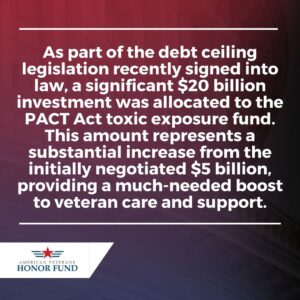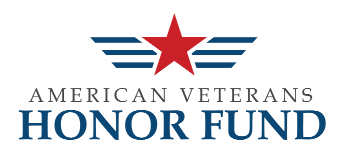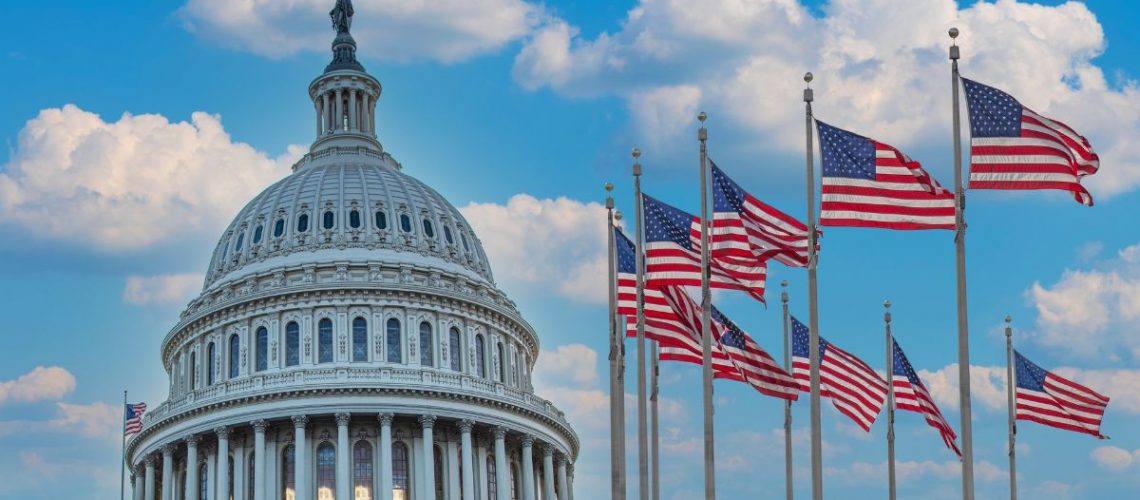The debt ceiling deal between President Joe Biden and House Speaker Kevin McCarthy holds promising news for the Department of Veterans Affairs (VA) and its healthcare programs. While other non-defense agencies face budget constraints, the VA’s healthcare programs are set to receive the proposed increase outlined by President Biden in March. With a total allocation of $121.1 billion, this funding includes a significant amount to cover the PACT Act, which includes benefits and costs associated with compensating veterans affected by toxic chemical exposure during their service.
The Debt Ceiling Legislation and the PACT Act
Addressing the concerns of veterans, members of the House, including Congressman Josh Gottheimer (D-5th district) of New Jersey, fought tirelessly to secure additional funding for veteran care. As part of the debt ceiling legislation recently signed into law, a significant $20 billion investment was allocated to the PACT Act toxic exposure fund. This amount represents a substantial increase from the initially negotiated $5 billion, providing a much-needed boost to veteran care and support.

With an authorized amount of $280 billion over ten years, the VA is now implementing this law, having received nearly 600,000 claims from veterans. To date, the government has already disbursed $1.1 billion in benefits to those affected. The debt deal ensures the uninterrupted flow of funds.
Projected Trends in the Claims Backlog
The inclusion of the proposed funding in the debt ceiling deal underscores a strong commitment to veterans. VA Press Secretary Terrence Hayes expressed the significance of this funding, stating that it upholds Congress’s promise to veterans. The VA is taking proactive steps to encourage veterans to enroll and access the benefits they are entitled to. This includes expanding the workforce dedicated to processing claims, with over 3,100 new employees hired and plans for further recruitment. The increased staffing levels and resources will help address the anticipated influx of claims and ensure timely processing and support for veterans.
Despite the VA’s efforts to bolster its workforce and streamline claim processing, the agency expects a potential increase in the claims backlog during the summer. Under Secretary for Benefits Joshua Jacobs acknowledged this projection during recent congressional testimony. The VA has estimated that the claims backlog may surpass 400,000 between 2023 and 2024. However, the agency remains optimistic that the backlog will stabilize by 2025. The ongoing commitment to expanding resources and hiring additional staff will contribute to mitigating the backlog and improving overall efficiency.


